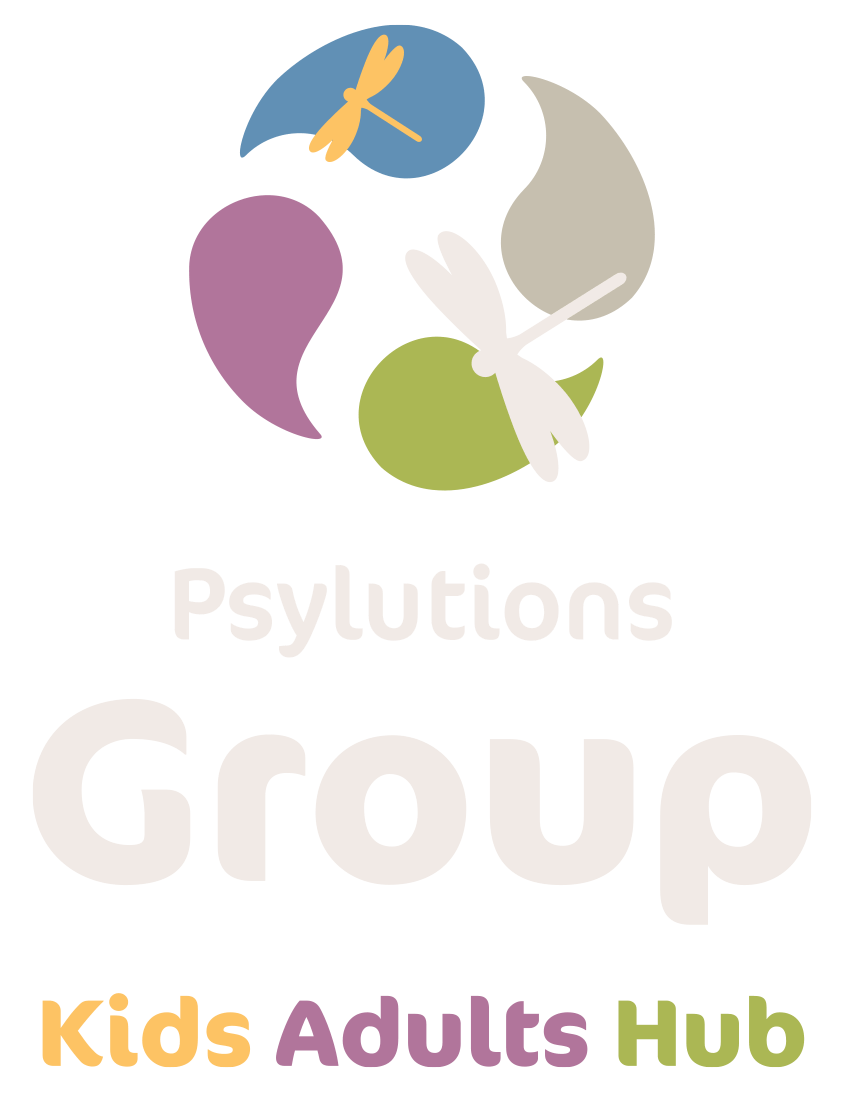What is a Positive Behavioural Support Plan?
A behavioural support plan is a structured document developed by professionals, such as psychologists, therapists, or behaviour analysts, to address challenging behaviours exhibited by an individual.
It outlines specific strategies, interventions, and guidelines aimed at understanding, managing, and modifying the behaviours in a positive and constructive manner.
The plan typically includes detailed information about the individual’s behaviour, identified triggers and antecedents, desired outcomes, and interventions to be implemented.
Its primary goal is to promote the individual’s well-being, enhance their quality of life, and support them in achieving their personal goals while minimising the occurrence of challenging behaviours.

What are the benefits of a Positive Behavioural Support Plan?
Positive behavioural support plans are implemented for various reasons, including:
Behaviour Management
To address challenging behaviours by providing strategies and interventions that promote positive alternatives and reduce the occurrence of problem behaviours.
Collaboration and Support
To foster collaboration among caregivers, support staff, and professionals involved in the individual’s care, ensuring a consistent and coordinated approach to behaviour management and support.
Skill Development
To teach individuals new skills and behaviours that are more adaptive and socially acceptable, such as communication skills, self-regulation, and problem-solving abilities.
Person-Centred Approach
To develop individualised plans that consider the unique strengths, preferences, and needs of the individual, promoting self-determination and autonomy in decision-making.
Enhancing Quality of Life
To improve the individual’s overall well-being and quality of life by promoting independence, social inclusion, and meaningful participation in daily activities.
Long-Term Behaviour Change
To promote lasting behaviour change by focusing on positive reinforcement, skill-building, and environmental modifications that support the individual’s goals and aspirations.
Preventing Crisis Situations
To proactively identify triggers and antecedents of challenging behaviours and implement strategies to prevent or de-escalate crisis situations before they occur.
Promoting Positive Relationships
To cultivate positive relationships and interactions between the individual and their support network, including family members, caregivers, peers, and community members.
For appointments
call us on 4728 4288










